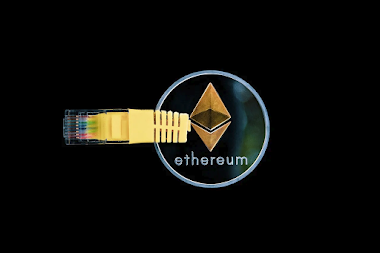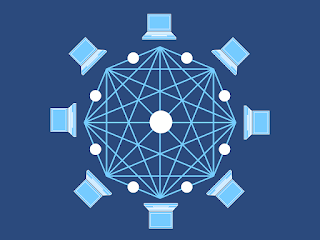what exactly are the uses of decentralized lending platforms?
Lending Crypto holders can lend on decentralized lending platforms so that they can earn passive income on their holdings through the interest fees paid by borrowers. This is an attractive opportunity for crypto holders as lending can help them earn relatively low-risk interest on their existing holdings without the need of giving away their private keys to a centralized third party service. Borrowing The most popular use case for borrowing crypto is margin trading. Borrowing from decentralized lending platforms allows traders to get leverage which multiplies gains and losses while trading. It also gets leverage from short selling, which is a trading strategy which makes money when the price of an asset goes down. Collateralized Borrowing At the moment, the most popular decentralized lending platforms use a form of borrowing called collateralized borrowing. Collateralized borrowing means that users who are looking at borrowing crypto must lock up collateral of greate...





